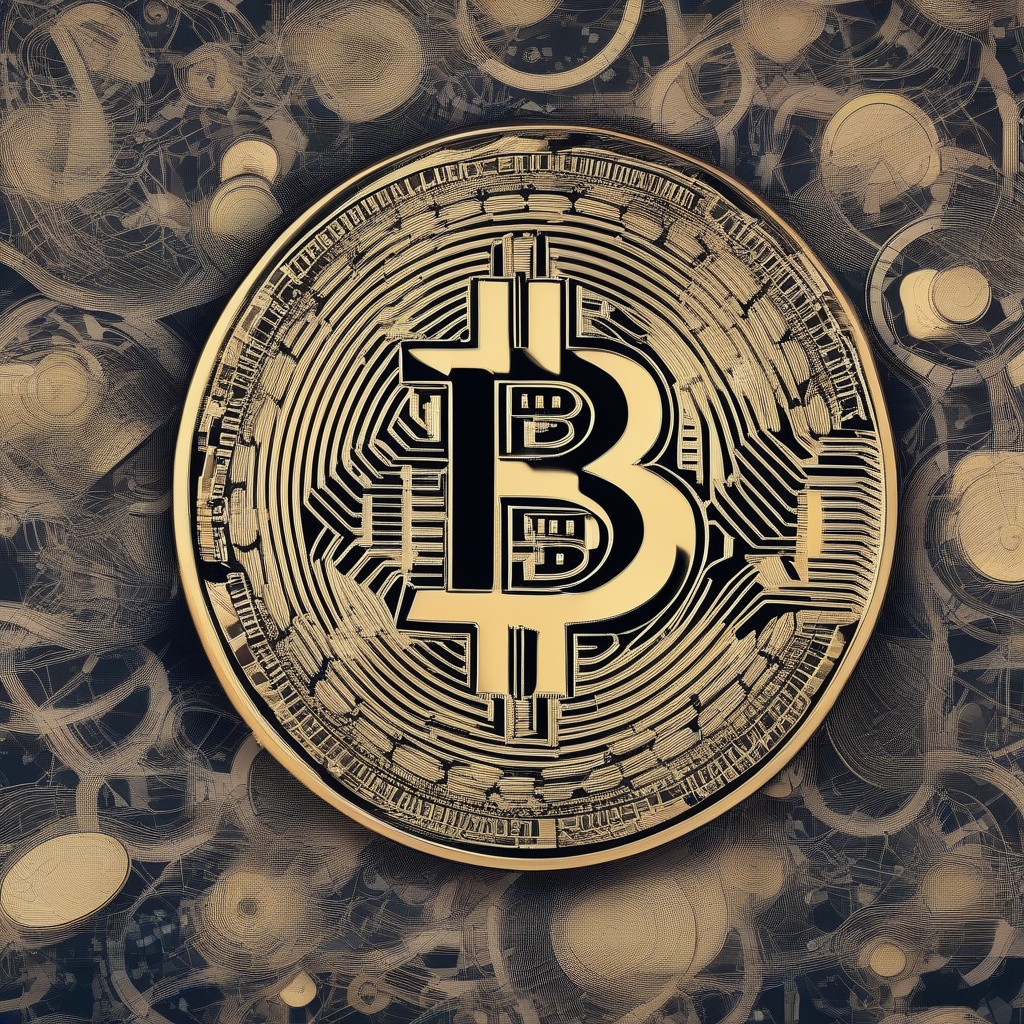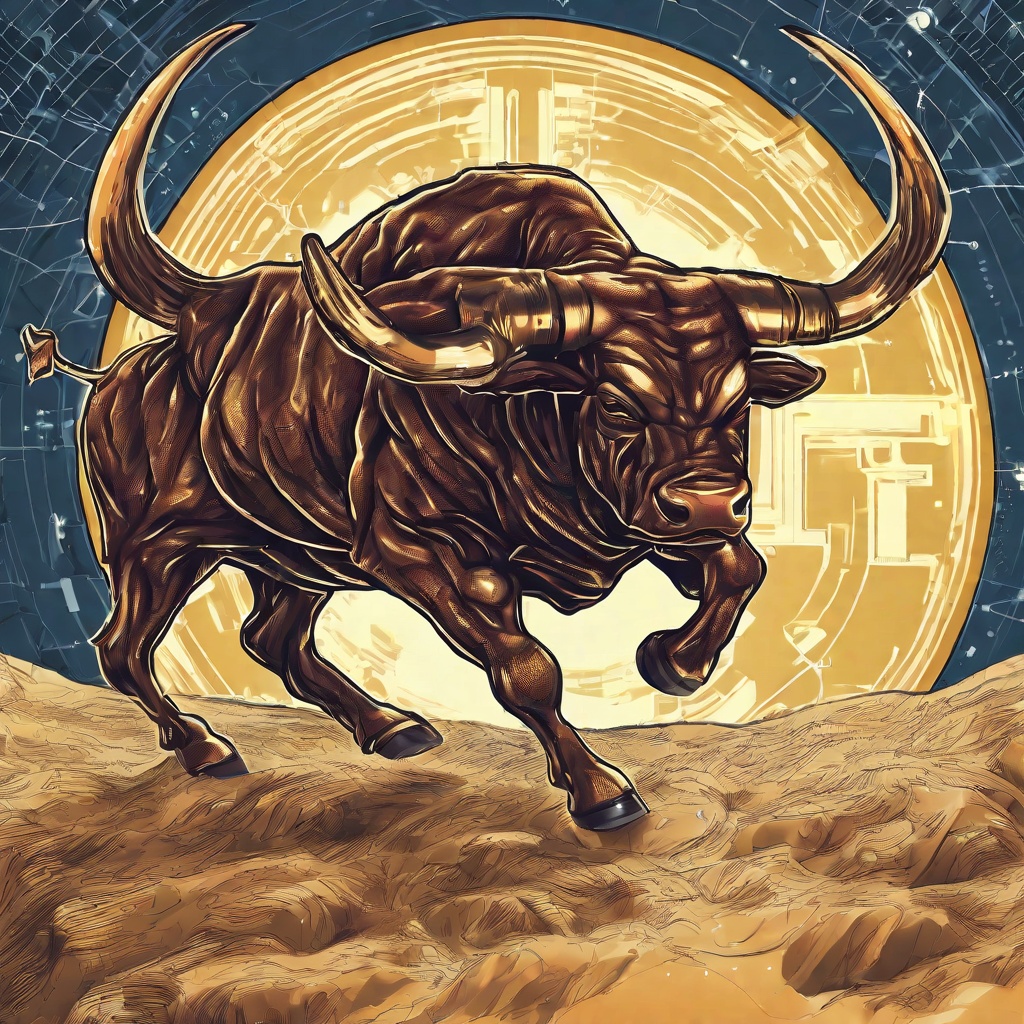How do I identify a 'crypto 30x'?
I don't understand this question. Could you please assist me in answering it?

How do I identify a bitcoin scammer?
As a concerned investor in the cryptocurrency market, I'm always on the lookout for potential bitcoin scams. Could you please explain to me in detail how I can identify a bitcoin scammer? Some of the key areas I'm interested in are the telltale signs of fraud, such as suspicious communication patterns, unrealistic promises of returns, or requests for upfront payments without proper verification. Additionally, I'd like to know if there are any common red flags to be aware of in terms of their online profiles or website presence. Your insights would be invaluable in helping me navigate this ever-evolving landscape of digital currency scams.

How to identify the next Crypto to explode?
In the ever-evolving world of cryptocurrency, identifying the next big coin to explode in value is a challenge that many investors strive for. But how does one go about it? The first step is to understand the underlying technology and vision of the project. Does it aim to solve a real-world problem? How strong is its community support? Furthermore, analyzing the tokenomics and distribution of the coin can provide valuable insights. Market capitalization, trading volume, and liquidity are also crucial metrics to consider. Additionally, keeping an eye on industry trends and news can help identify potential breakout coins. But remember, cryptocurrency markets are volatile, and no one can predict the future with certainty. Therefore, it's important to conduct thorough research, diversify your portfolio, and invest responsibly.

How do you know if a cryptocurrency is a scam?
As a seasoned practitioner in the world of cryptocurrency and finance, I'm often asked: "How do you know if a cryptocurrency is a scam?" It's a valid question given the vast number of digital tokens out there. Here's what I advise: First, research the team behind the coin. Are they transparent about their identities and backgrounds? Second, check for white papers or roadmaps that outline the project's goals and plans. A lack of these could indicate a lack of seriousness. Third, look at the coin's trading volume and market capitalization. Unusually high gains in a short period, without a corresponding increase in these metrics, could be a sign of a pump-and-dump scheme. Finally, consider the project's use case. If it seems too good to be true, or there's no clear value proposition, it's worth proceeding with caution.

How do you identify a dirty bitcoin?
As a professional in cryptocurrency and finance, how do you precisely identify a "dirty bitcoin" in the vast and complex digital currency landscape? Given the anonymity and pseudonymous nature of Bitcoin transactions, what are the key indicators or patterns you look for to detect illicit funds? Is there a specific tool or methodology you employ to trace the provenance of these bitcoins and ensure they are not derived from criminal activities? Additionally, how do you balance the need for privacy in legitimate transactions with the responsibility to flag potentially illicit funds?

